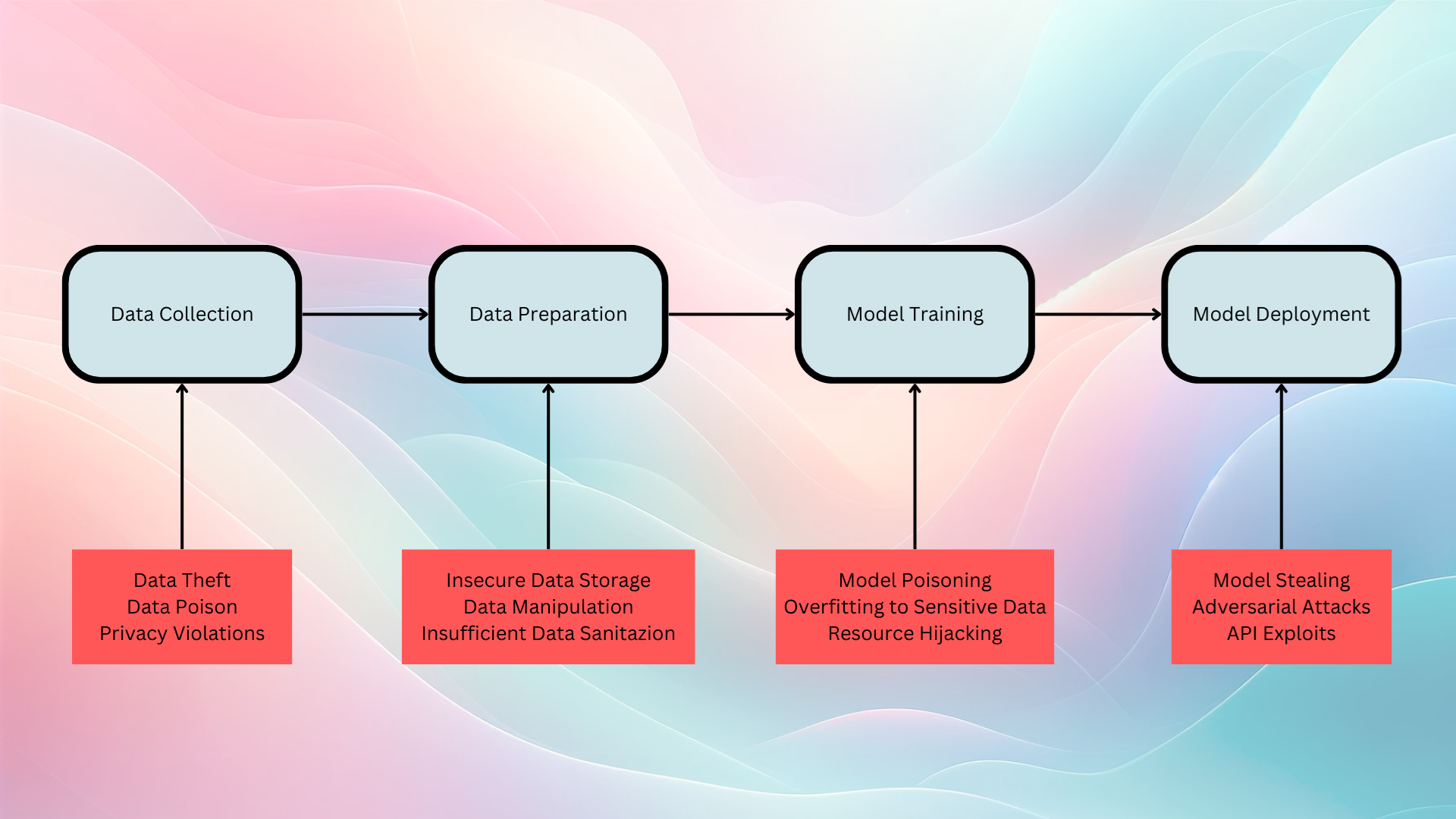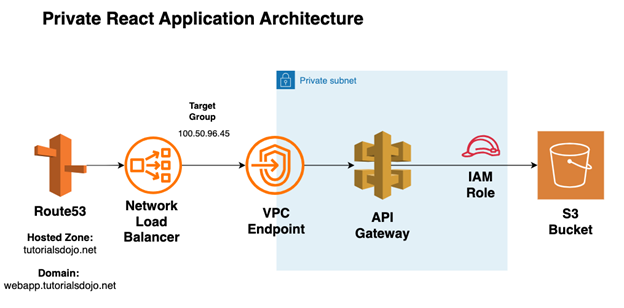Release with a Pipeline: Continuous Delivery to AWS with GitHub Actions
Kaye Alvarado2024-01-24T01:07:44+00:00This is the final part of a three-part article about a Web Application Project from building a private infrastructure to building a deployment pipeline using AWS’ cloud-native continuous delivery service AWS CodePipeline, and now finalizing the infrastructure to be accessible in a public domain and building a pipeline for continuous deployment using a third-party CD tool – GitHub Actions. From the private infrastructure previously built, we will update the S3 policy to add a statement for an allowed action for the CloudFront resource. As best practice, this statement will be added to the Terraform script of the infrastructure to make it [...]










